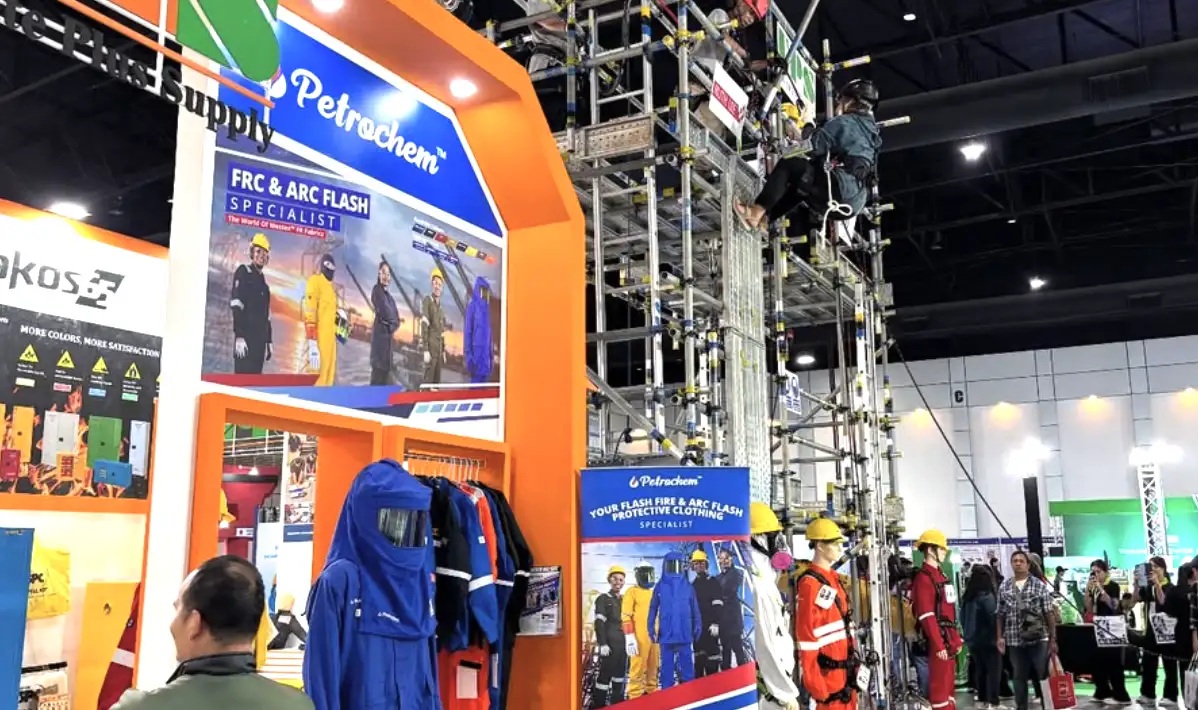Choosing between Taiwan and Thailand as a place to live depends on personal preferences, lifestyle, career goals, and priorities. Both countries offer unique advantages and challenges, shaped by their distinct cultures, economies, climates, and social environments. Below is a detailed comparison of key factors to help you decide which destination might be more suitable for you.
Cost of Living
Taiwan: The average cost of living in Taiwan is higher than in Thailand, with an estimated monthly cost of around $965 (USD) per person, compared to Thailand’s $832. Housing in Taipei, Taiwan’s capital, is notably expensive, with decent apartments costing around 45,000–55,000 TWD ($1,400–$1,700 USD) per month. However, salaries in Taiwan are generally higher, with the average after-tax salary covering living expenses for about 1.5 months, compared to 0.9 months in Thailand. Taiwan’s costs are driven by its developed economy and urban infrastructure, particularly in cities like Taipei.

Thailand: Thailand is known for being budget-friendly, especially for expatriates earning in foreign currencies. Bangkok, while pricier than other Thai cities, is still more affordable than Taipei. For example, a similar hotel room in Bangkok can cost up to 60% less than in Taipei. Groceries, dining, and activities like scuba diving are also cheaper in Thailand. However, local wages are lower, making it less affordable for those earning in Thai baht.
Verdict: Thailand is better for those prioritizing affordability, especially for remote workers or retirees with foreign income. Taiwan suits those who value higher earning potential and are comfortable with a slightly higher cost of living.
Quality of Life
Taiwan: Taiwan ranks higher in global livability indices, with Taipei placing 33rd in the EIU Livable Cities Index 2021, compared to Bangkok’s 100th. Taiwan boasts excellent public transportation, with Taipei’s MRT system being efficient and affordable. The country has better air quality, lower pollution levels, and safer neighborhoods compared to Thailand. Healthcare in Taiwan is world-class, with the National Health Insurance system offering affordable and accessible care. Taiwan’s infrastructure, including walkable neighborhoods and modern amenities, contributes to a quality of life closer to Western standards.
Thailand: Thailand offers a more relaxed lifestyle, particularly outside urban centers like Bangkok. The country’s natural beauty—beaches, mountains, and national parks—provides a laid-back environment that appeals to those seeking a slower pace. However, Bangkok can be crowded, with poorer air quality and less reliable public transport compared to Taipei. Thailand’s quality of life is enhanced by its affordability and vibrant expat communities, but issues like traffic and occasional political instability can be drawbacks.
Verdict: Taiwan excels in urban livability, safety, and infrastructure, making it ideal for those who prioritize convenience and stability. Thailand is better for a relaxed, nature-oriented lifestyle, especially for those who can navigate its challenges.
Job Opportunities
Taiwan: Taiwan is a global leader in technology, particularly semiconductors and hardware, making it an excellent choice for professionals in tech industries. The Employment Gold Card, a digital nomad visa, offers tax benefits, an open work permit, and access to National Health Insurance, making it easier for skilled foreigners to work and settle. Job prospects are strong for those with specialized skills, though the work culture can be demanding, similar to Japan’s.

Thailand: Thailand’s job market is less robust for foreigners, with opportunities mainly in hospitality, teaching English, or remote work. Local wages are lower, and the lack of a dedicated digital nomad visa can complicate long-term stays for professionals. Thailand’s Long-Term Resident (LTR) visa is available but has a high salary threshold and is limited to specific industries. The work environment is generally more relaxed than in Taiwan.
Verdict: Taiwan is better for career-driven individuals, especially in tech, due to higher salaries and visa options. Thailand suits those in less formal industries or working remotely.
Culture and Social Environment
Taiwan: Taiwan’s culture is a blend of Chinese, Japanese, and indigenous influences, with Mandarin Chinese as the primary language. English is less widely spoken than in Thailand, which can pose challenges for expats who don’t speak Mandarin. However, Taiwanese people are known for their friendliness and hospitality, often described as the “most welcoming in Asia.” Taiwan is a vibrant democracy with low corruption and progressive laws, including legal same-sex marriage, making it highly inclusive for the LGBTQ+ community.
Thailand: Known as the “Land of Smiles,” Thailand has a warm and welcoming culture, particularly in tourist areas where English is more commonly spoken. Thai culture is deeply rooted in Buddhism, with a relaxed and community-oriented vibe. Thailand is socially accepting of LGBTQ+ individuals, though legal protections, such as same-sex marriage, are still developing. The expat community is large, especially in cities like Bangkok and Chiang Mai, making it easier to integrate.
Verdict: Taiwan is ideal for those who value a progressive, democratic society and are willing to navigate language barriers. Thailand is better for those seeking a vibrant, expat-friendly environment with easier communication.
Climate and Natural Environment
Taiwan: Taiwan has a subtropical climate with distinct seasons. Summers are hot and humid, with occasional typhoons, while winters are mild (around 57°F/13.89°C). The island’s mountainous terrain, including Jade Mountain (3,952m), makes it a haven for hikers and cyclists. However, its beaches are less spectacular compared to Thailand’s.
Thailand: Thailand’s tropical climate is warm year-round, with a hot season, a rainy monsoon, and a cooler dry season. Its extensive coastline and islands like Phuket and Krabi make it a top destination for beach lovers. Thailand’s natural scenery, including mountains and wildlife, is more diverse and accessible than Taiwan’s.
Verdict: Thailand is better for beach enthusiasts and those who prefer consistent warm weather. Taiwan suits those who enjoy seasonal variation and mountainous landscapes.
Safety and Stability
Taiwan: Taiwan is one of the safest countries in Asia, with low crime rates and a stable, democratic government. However, the geopolitical tension with China poses a long-term concern, though violent crime against foreigners is rare.
Thailand: Thailand is generally safe for foreigners, but it has a higher crime rate than Taiwan, including risks of scams or petty theft in tourist areas. Political instability, with a history of military coups, can be a concern, though it rarely affects daily life for residents.
Verdict: Taiwan is safer and more politically stable, making it a better choice for those prioritizing security. Thailand is safe enough for cautious expats but has more risks.
Food and Lifestyle
Taiwan: Taiwan is a foodie paradise, famous for night markets, bubble tea, and dishes like beef noodle soup. Its cuisine blends Chinese, Japanese, and local flavors. The lifestyle is fast-paced in cities like Taipei, with a focus on work and modern conveniences.
Thailand: Thailand’s cuisine is world-renowned, offering spicy, flavorful dishes like pad thai and green curry. The country’s farm-to-market food culture ensures fresh, affordable ingredients. The lifestyle is more relaxed, with a strong emphasis on leisure and social connections.
Verdict: Both countries offer incredible food, but Thailand’s cuisine is more globally recognized and affordable. Taiwan’s urban lifestyle suits those who enjoy a structured, modern environment, while Thailand appeals to those seeking a laid-back vibe.
Visa and Residency Options
Taiwan: Taiwan’s Employment Gold Card is a major advantage for digital nomads and professionals, offering a streamlined path to residency. Permanent residency requires five years of continuous living.
Thailand: Thailand offers various visa options, including the Elite Visa and LTR visa, but these are less comprehensive than Taiwan’s Gold Card. Permanent residency requires three years of living or working in Thailand, but the process can be more complex.
Verdict: Taiwan is more accessible for professionals seeking long-term residency. Thailand’s visa options are better for retirees or those with flexible work arrangements.
Conclusion
Taiwan is the better choice for those who prioritize safety, modern infrastructure, high-quality healthcare, and career opportunities in tech. Its progressive society, stable governance, and seasonal climate make it ideal for professionals and families seeking a developed, urban lifestyle. However, it comes with higher costs and potential language barriers.
Thailand is more suitable for those seeking affordability, a relaxed lifestyle, and stunning natural beauty, particularly beaches. It’s ideal for retirees, digital nomads with foreign income, or those who thrive in vibrant, expat-friendly communities. However, it may lack the stability and infrastructure of Taiwan.
Recommendation: If your focus is career growth, safety, and urban convenience, Taiwan is the better choice. If you value affordability, natural beauty, and a laid-back lifestyle, Thailand is more suitable. Consider visiting both to experience their unique offerings firsthand, as personal preferences play a significant role in this decision.

